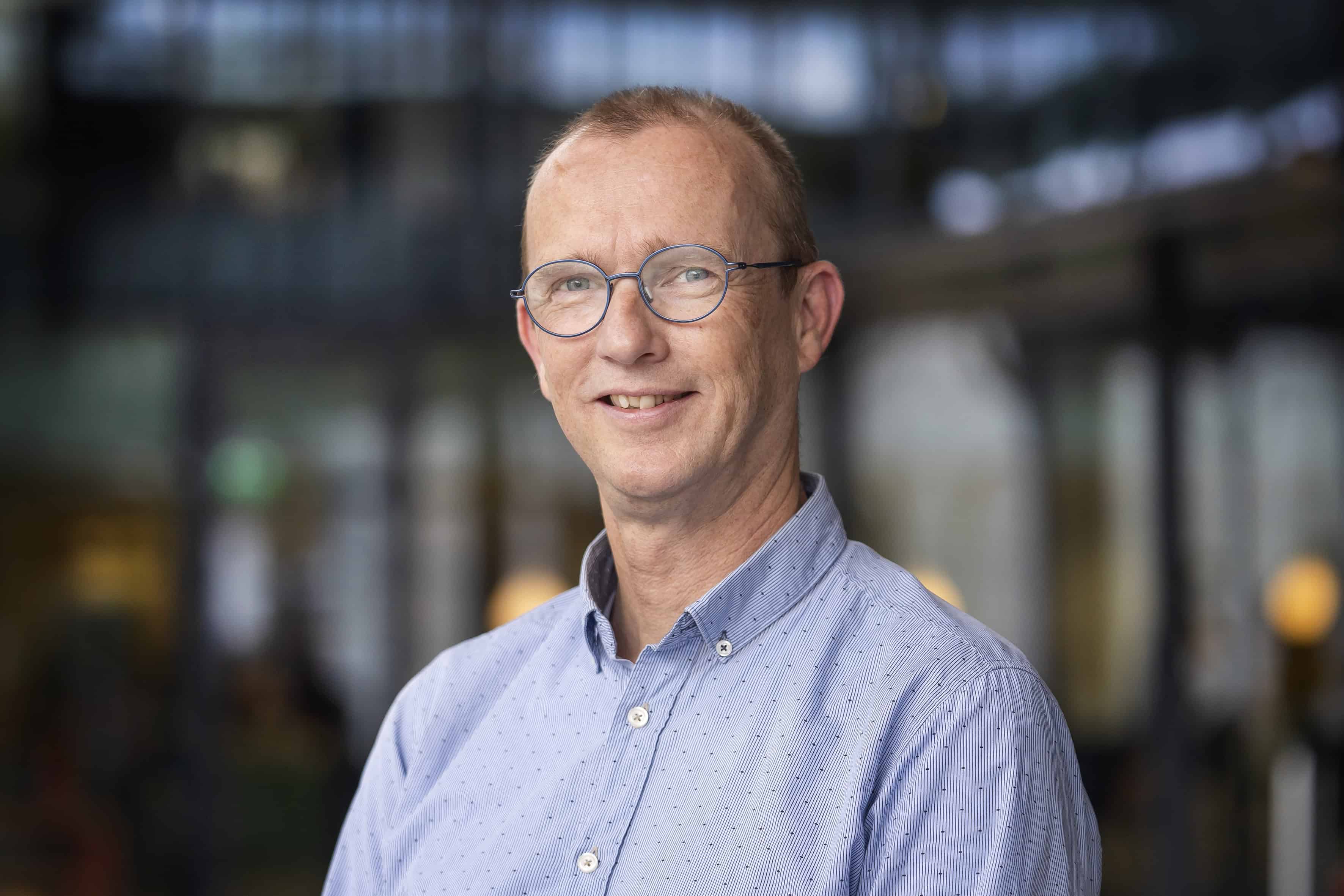
The Twente start-up ECsens won the 4TU Impact Challenge at the beginning of this month. Students from the four technical universities in The Netherlands presented their most groundbreaking innovations. ECsens succeeded in convincing the jury with their diagnostic chip which is designed to detect cancer faster. This chip can also be used to monitor the treatment of patients more quickly, more accurately and more cheaply. The chip could for instance replace CT and MRI scans.
What do you do precisely?
“We have developed a chip that works on the basis of nano-electrodes. This allows us to measure the amount of biomarkers in a patient’s blood. A biomarker is an indicator of a disease. This technology is suitable for various applications. It will be able to detect cancer at an earlier stage in the future. But first of all, we will primarily be focusing on monitoring the treatment of (cancer) patients.”
“At present, doctors use a CT or MRI scan to look at how a tumor is responding after a number of months of treatment. These scans are very expensive and often not pleasant for the patient. Nor can they measure the tumor very accurately. An examination using our chip is on average five times cheaper than an MRI scan. Moreover, patients can be monitored much more often and more accurately. All they have to do is give a little blood. Based on the concentration of biomarkers in the blood, we can then determine if the treatment is taking effect.”
“With our technology, we can also predict which treatment will work best for a specific patient. Medicines attack antigens in the body. There is a separate medicine for each type of antigen. That’ s why it’s very good to know exactly which antigens are in the body, so that doctors can adjust the medicine accordingly. For example, when doctors go for immunotherapy as a treatment option. Doctors can already predict how a person will respond to this by analyzing their blood.”
“This saves on costs. Immunotherapy costs about € 70,000 per patient per year. While this treatment only works for 20% of all patients. So it’s a waste of time and resources in 80% of the cases. By testing the blood first with our technology, which costs €100, doctors can make a much more effective choice in terms of treatment.”
What sets you apart from other start-ups who are working on similar technologies?
“The way we use biomarkers. My colleague Dilu Mathew and I worked together during the last phase of our PhDs. We tried out a variety of technologies and eventually came up with this result. This has given us technical expertise, but we have a lot in common with the medical world as well. This means that we know exactly what is needed in practice.”
“Clinical practice is very important to us. We have now finished our PhDs and really want to turn this technology into a success ourselves. That’s why we’re not open to selling the technology to a major company at this early stage.”
What is the next step for your technology?
“There is still so much potential with this technology. Its application doesn’t have to be limited to cancer. For instance, we could also measure bacteria in order to detect infectious diseases. While in theory the application is very wide-ranging, it tends to be more difficult in practice because we have to have a separate quality standard for all of the applications. We can’t design everything all at once, which is why we started out with the application for cancer.”
“The chip works very well in the laboratory. We’re now going to take a look at how the clinical application is coming along. We need to carry out research in order to do that and have it approved by a special committee. This costs a lot of money and it takes months before it even gets that far. After that, we’ll receive a number of blood samples from patients that we can use for testing. We hope to have the preliminary results by the middle of 2020. The chip can be used clinically after the clinical trials. Although a large full-scale medical application is still a long way off. Nevertheless, we will be able to sell the product then, for example, to researchers who will use it for another type of application.”
“We would like to have a clinical proof of concept before we go to Dubai for the World Expo in the autumn of 2020. As the winner of the 4TU Impact Challenge, we are fortunate to have the opportunity to represent The Netherlands and Dubai. It would be great if we could find an investor over there who actually would put the product on the market. An investor will really be needed by then. At the moment, we are still dependent on research funding.”
What is your biggest dream?
“Saving lives. We think it would be so wonderful to see doctors making decisions on the basis of our technology. That that decision by a doctor saves a life which would not have been made without our technology.”
When will your start-up be a real success for you?
“As soon as we have saved one life. In the end, that’s why we do it. Although we hope to be able to save many more lives. Cutting costs is also important in healthcare at the moment. But that’s not our main motivation.”
Want to read more about start-ups? You can read all of the articles in this series here.








